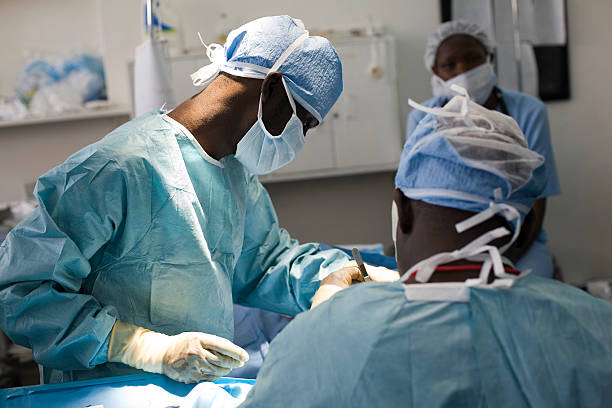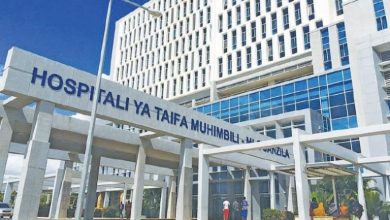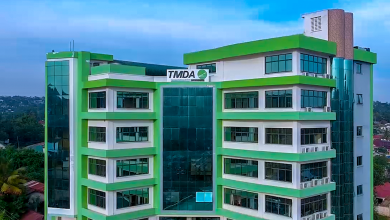MNH Mloganzila performs historic keyhole surgery

DAR ES SALAAM: MUHIMBILI National Hospital–Mloganzila has made medical history by successfully performing a specialised surgical procedure to remove a tumour from the large intestine using minimally invasive keyhole surgery (laparoscopic lower anterior resection).
Speaking after the procedure, Specialist Surgeon in Gastrointestinal and Liver Surgery, Dr Richard Mliwa, said the operation took approximately two hours, half of the time spent in traditional open surgery, which usually takes around four hours and is associated with more complications.
“The surgery last approximately two hours to complete, which is a shorter time compared to open surgery that typically takes around four hours and often comes with more complications,” Dr Mliwa explained.
He noted that the success of the operation was made possible by substantial investment from the government in medical equipment, service infrastructure and professional training.
“This achievement reflects the government’s continued commitment to strengthening healthcare services through investment in modern technology and human resource development,” he said.
He said that due to the government’s investment, their team is able to consistently deliver services through a multidisciplinary approach, where specialists collaborate to ensure every patient receives an accurate diagnosis and appropriate treatment.
Dr Mliwa further explained that the benefits of the procedure include reduced pain for the patient, shorter hospital stays, minimal blood loss during surgery, the absence of large scars and a shorter wound care period. “MNH–Mloganzila has introduced specialised medical services that are not commonly available in the country, reducing the burden for Tanzanians who would otherwise have to seek such treatment abroad,” he said.
ALSO READ: Muhimbili reforms for Vision 2050
Tanzania has significantly expanded its surgical capabilities, ranging from laparoscopic and oncological surgeries to complex reconstructions, transplants and orthopaedic procedures.
These advancements are the result of strong policy direction, strategic investment and international cooperation factors that are not only improving access to quality care domestically but also positioning the country as an emerging hub for medical tourism.



